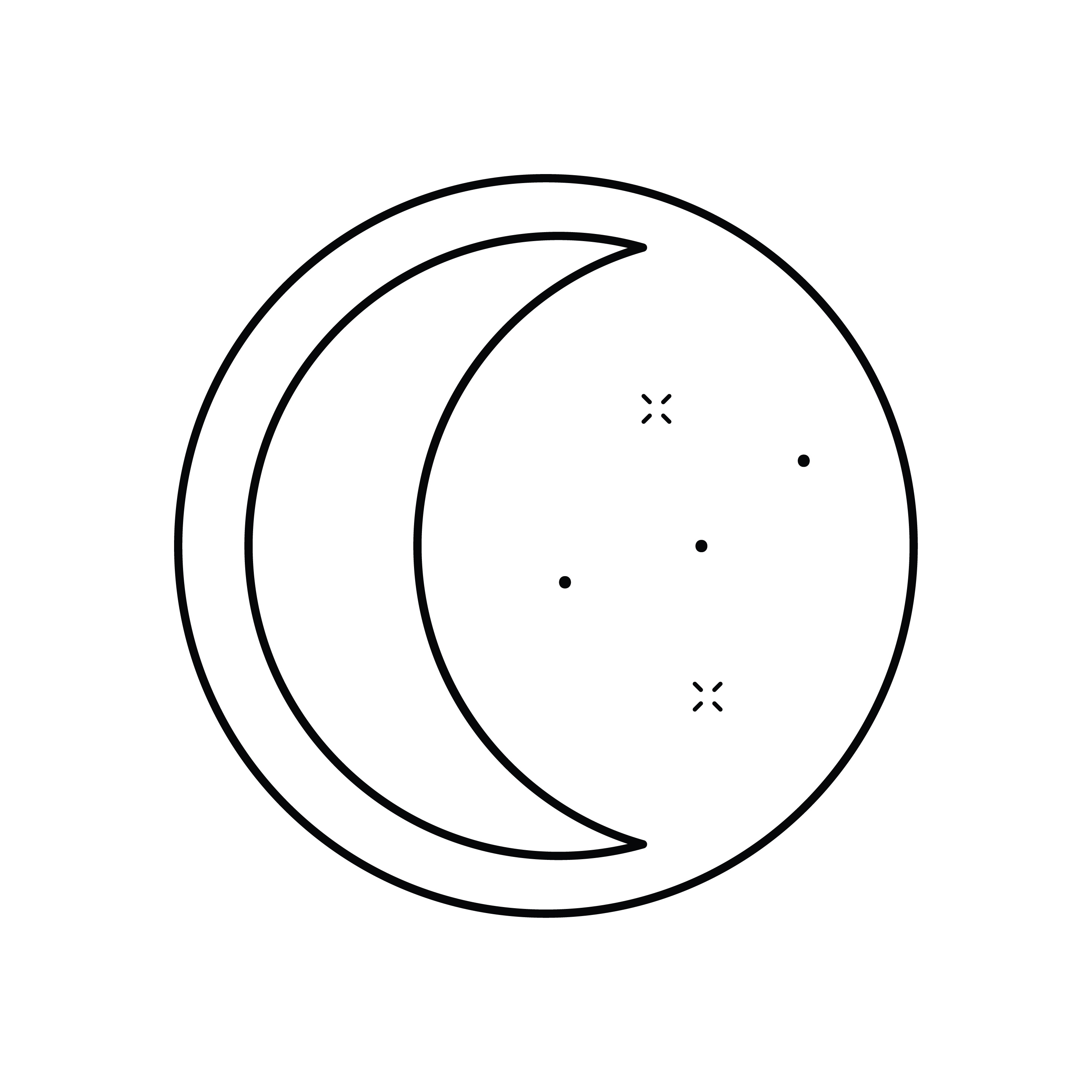Original post from January 2, 2021
The second habit of separation is judgment. Judgment is the perception that marks bad people as responsible for the evil and destruction in the world, saying, “If I were in their place, I wouldn’t act like that. If I were in a position of power, things would be different.” Judgment is also directed inwards when we get down on ourselves for tendencies we deem unhelpful or immoral. Judgment is labeling everyone and everything good or bad, and an unceasing effort to place ourselves on the side of good, at any cost.

We have all been told to let go of judgment – especially towards ourselves, but also towards others – mainly because it’s not helpful and is sometimes seen as a moral failing. I would argue (again, along with Charles and many others) that it is simply not true. It may be true that “if we were in a position of power, we would do things differently”, but this is because of who we are, which is largely the result of everything we’ve been through, all the circumstances and experience of our lives, those who surround us, the frameworks in which we live and work, and our particular cultural and biological inheritance. In the wise words of Upton Sinclair, “It’s hard to get a man to understand something when his salary depends upon his not understanding it.”
On the psychological level, something always lies behind inappropriate behavior: trauma and/or pain and/or overwhelming environmental circumstances. Many studies demonstrate how much our behavior depends on background and circumstances, from Gabor Mate’s work to the Good Samaritan experiment (both of which can be found by searching the web). My claim, which is slightly different from other formulations I have encountered, is that the problem with judgment is a mistake in the units of analysis.
Units of analysis define what we can test and at what level our conclusions can be applied. Conclusions about individuals do not necessarily hold for groups, and vice versa. Especially within a concept of interbeing, we are the result not only of private agency, but of the totality of influences on us, visible and invisible, from birth and even before. Our habit is to judge people, or ourselves, but the issue of good and evil is much more valid on a collective level than on an individual level. Within good frameworks – companies, organizations, families, any groups – that encourage thoughtful, intelligent, and benevolent behavior and concern for one another, we become better people. Within frameworks that encourage competition in all its forms, avarice, ridicule, and bullying – we become worse people.
The problem of evil is actually a collective problem, a problem of culture, of systems, institutions, societies, norms, and worldviews, not of bad people. The challenge is that in our society, which takes separateness as a basic premise, we interpret everything through units of analysis of individuals, and assume only personal responsibility. But most of what we judge can only really be corrected by change at the collective level.
Collective, social change is an emergent process. The phenomenon of emergence reminds us that the whole is more than the sum of its parts, that collective structures such as norms are created from the activity of the parts of the system that together create phenomena beyond what is visible from a view at the level of the individual. So what can we do as individuals to cause change at the general level?
Organized collective action is great, but if our work for change is based on the same basic assumptions and methods of action that created the problems we strive to solve, in the end we will create more of the same. We have to act from a different basis.
To bring this down to earth – society today is characterized by deep polarities that are difficult to cross. For or against certain political leaders, economic and political right and left, religious and secular – among people close to me there are those who fear for their lives and health from Covid due to lack of masks and social distancing, and others who experience these same measures as existential threats. Here on social media, attacking those who hold the opposite opinion, calling them stupid, corrupt, traitors, sheep – is standard practice.
But on a personal level it’s never like the stereotype. There is always a story. On a personal level, one to one, we can talk in an honest desire to find out, “What is it like to be you?” We can try to really understand the other person’s story and look for ways to get closer. This sounds like it’s too little and too simple, but it is the way to counter the paradigm judgment. To stop for a moment, as with the habit of scarcity, and choose to behave differently – to see differently, not from a perception of separateness, and share *that* – not sharing in the social media sense of what a beautiful thing I did, but sharing in the sense of being an ongoing, living example of another possibility. Doing this together, repeatedly and en masse – this is our fulcrum as individuals to start loosening the grip of separation. Within ourselves first, but not only.

Pingback: The Third Habit of Separation - Struggle - Rena Kessem | רינה קסם